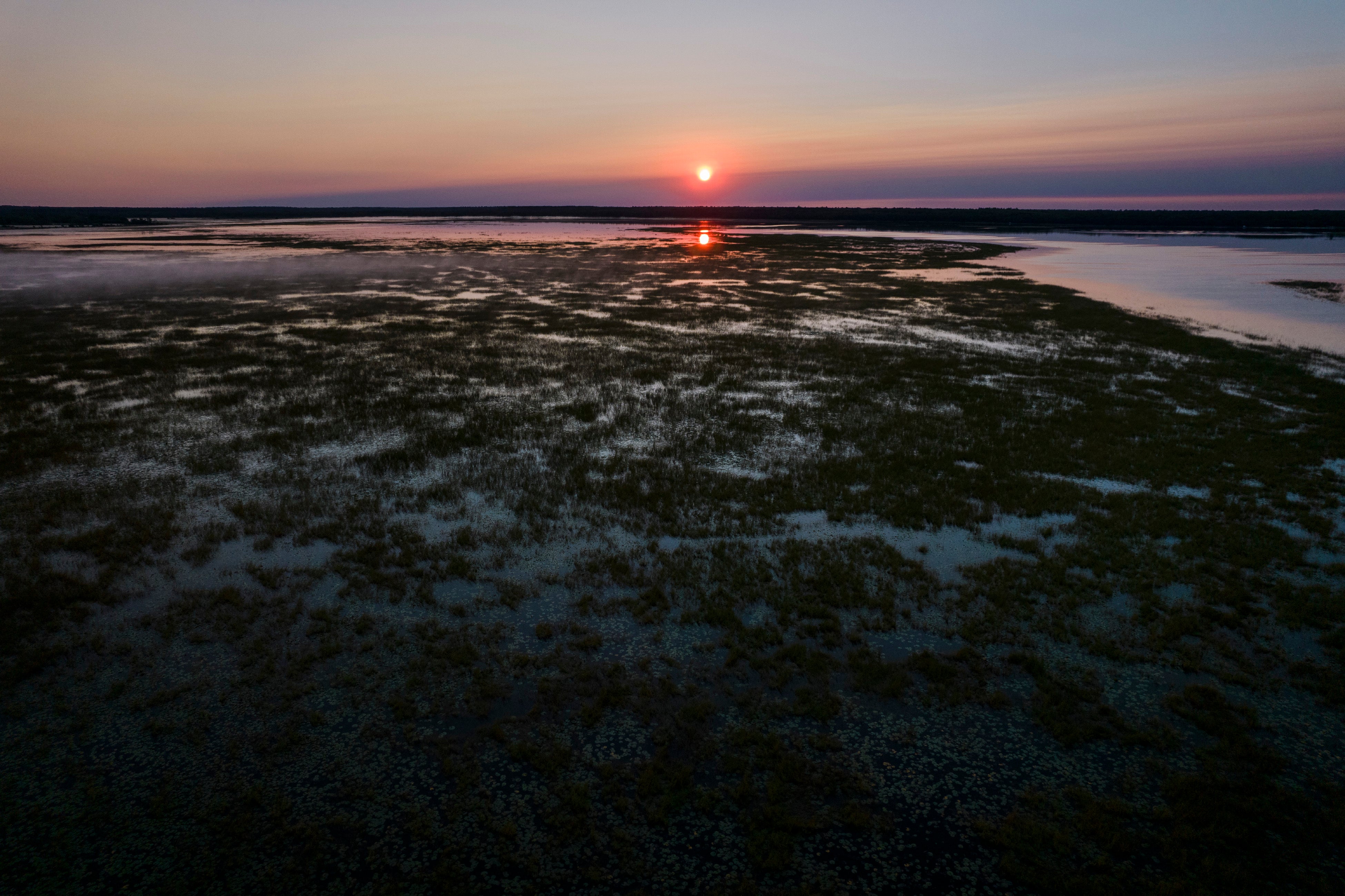Human remains believed to be hundreds of years old found on shores of Minnesota lake
People gathering wild rice from Minnesota’s third largest lake have stumbled across human skeletal remains that are believed to be several hundred years old

Your support helps us to tell the story
From reproductive rights to climate change to Big Tech, The Independent is on the ground when the story is developing. Whether it's investigating the financials of Elon Musk's pro-Trump PAC or producing our latest documentary, 'The A Word', which shines a light on the American women fighting for reproductive rights, we know how important it is to parse out the facts from the messaging.
At such a critical moment in US history, we need reporters on the ground. Your donation allows us to keep sending journalists to speak to both sides of the story.
The Independent is trusted by Americans across the entire political spectrum. And unlike many other quality news outlets, we choose not to lock Americans out of our reporting and analysis with paywalls. We believe quality journalism should be available to everyone, paid for by those who can afford it.
Your support makes all the difference.People gathering wild rice from Minnesota's third-largest lake have stumbled across human skeletal remains that are believed to be several hundred years old.
Authorities suspect erosion caused the remains of at least three people to surface on the shores of Leech Lake, where they were discovered Saturday. Covering more than 100,000 acres (40,470 hectares), the lake is located mainly within the Leech Lake Indian Reservation in the north-central part of the state.
Several tribes have called the area home, most recently the Leech Lake Band of Ojibwe, and remains periodically are found in the area, said the tribe’s police chief, Ken Washington.
“They’ll just arise like that just through natural erosion of the water coming up on shorelines,” he said.
Cass County Sheriff Bryan Welk said the rice harvesters called after spotting the remains up on land. Harvesters usually use a canoe with a push pole or paddles to collect the rice, which is considered spiritually, culturally, nutritionally and economically significant to Ojibwe, Dakota and other tribal communities, according to the state's Department of Natural Resources.
Deputies responded, determined the remains were ancient and then contacted the Leech Lake Heritage Sites program, which conducts archeological research in the area.
The Minnesota Indian Affairs Council was also called to assist, with the goal of handling the remains in “culturally appropriate manner,” the tribal and county law enforcement explained in a joint statement.
Welk said in an interview that besides erosion, remains also are unearthed through construction projects.
“It has happened a couple times a year, but then they can go several years in between," Welk said. "It just depends.”
Authorities urged people to contact law enforcement if they encounter suspected human remains and not to disturb the area.
“In doing so, this ensures vital evidence is preserved, along with being respectful of those who were here before us,” the statement said.